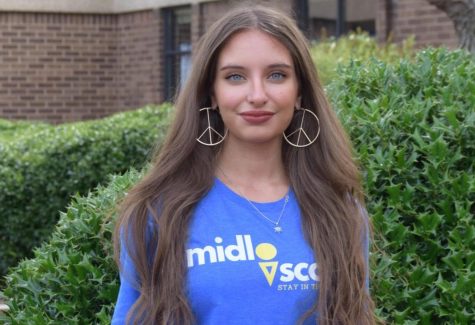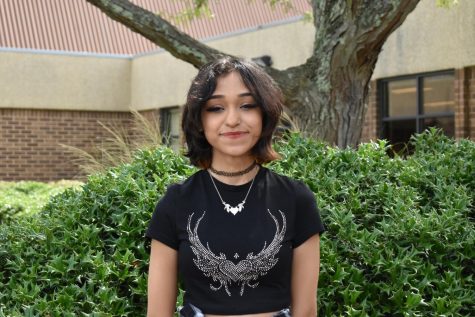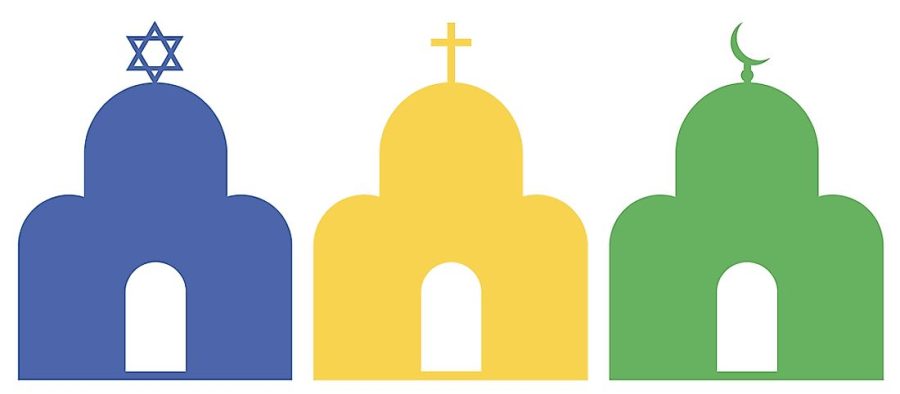Major Abrahamic religious observances overlap for first time in 33 years
Easter, Passover and Ramadan & Eid 2022
Photo by: World Atlas
The holidays of Easter, Passover and Ramadan & Eid each overlap during 2022.
During April of 2022, Jewish, Christian and Muslim communities around the world had a unique opportunity to see the overlap of of some of their most important religious observances. From April 15-23, Jewish communities celebrated Passover, while on April 17, Christian communities celebrated Easter and, for the entirety of April, Muslim communities observed Ramadan.
Easter
Easter is a Christian holiday celebrating the resurrection of Jesus from the dead three days after his burial. Easter always occurs on a Sunday after the Paschal Full Moon, which was April 17 this year. During this holiday, families often go to church, cook big breakfasts with ham, eggs and potatoes, and dye colorful eggs. Families with younger children may even leave baskets out for the Easter bunny who then leaves chocolate and other treats in the baskets or they may attend outdoor egg hunts, wherein children can find plastic eggs full of small treats.
This celebration follows the forty day period known as Lent. Lent is observed differently depending on the denomination of the observers but often consists of prayer, personal sacrifice or fasting and other food restrictions.
Passover
Passover is a Jewish holiday commemorating Moses leading the Jews out of slavery in Egypt. Passover is celebrated for seven or eight days depending on the country of residence of the observers. The holiday always happens on the fifteenth of Nisan, the first month of Spring in the Hebrew calendar. During Passover, Jewish people are careful to avoid chametz, which are leavened grains. Some clean their kitchens and avoid restaurants that cook anything containing chametz to avoid touching or eating it unintentionally.
Most of the celebrations for Passover occur during seders for the first two nights of the holiday. During seders, many pray, sing traditional songs, retell the story of Passover and, at the end of the night, enjoy a large dinner, often containing matzo (a form of flat, unleavened bread). Another essential part of the seder is the seder plate, a display of six meaningful elements: zeroa (shank bone), beitzah (egg), maror (bitter herbs), karpas (parsley or celery) and haroset (a paste made from nuts and/or fruits).
Ramadan and Eid
Ramadan is the ninth month of the Islamic calendar, which is based around lunar cycles like the Hebrew calendar. During Ramadan, observers enjoy a full meal with family before suhur (sunrise), abstain from eating and drinking all day, and then break their fast at the end of the day with iftar (another big meal). Over this month, observers do not just abstain from eating or drinking, they also abstain from “immoral behavior,” such as smoking, drinking, lying, cheating and using bad language. During this time, it is customary for observers to go out of their way to make time to pray, be exceptionally kind, and make zakat (charitable donations).
Eid Al Fiter is celebrated during the first three days of Shawwal, directly after Ramadan. Those celebrating are no longer fasting, as it is said by Muhammad that “these are the days of eating, drinking and remembering Allah.” During this time, it is common for observers to get dressed up, get their henna done, and visit masjids/mosques to pray, eat and celebrate with friends and family.
This overlap only happens once every thirty-three years, making it a fairly uncommon occurrence. This is so uncommon because the dates of observances in these religious are based on different calendars – Christian holidays are generally based on the Julian calendar (though Easter specifically has more to do with the lunar cycles), Jewish holidays are generally based on the Hebrew calendar, and Muslim holidays are generally based on the Hijrī calendar.
Many religious groups use this time to observe bonds and call for harmony between these communities despite their differences.
Happy Easter! Chag Pesach Sameach! Eid Mubarak!

Avery Belisle, Class of 2023
Avery Belisle has been on staff for two years and is a freelancer this year. Outside of school, she loves learning new...

Nikki Abbas, Class of 2023
For junior, Nikki Abbas, writing for the Scoop is a first. She enjoys learning to write and cover student life and midlo-happening...



